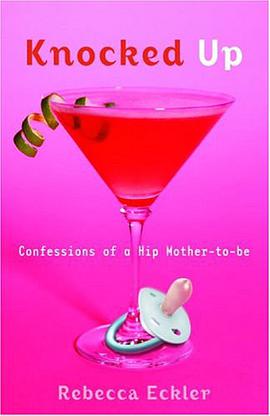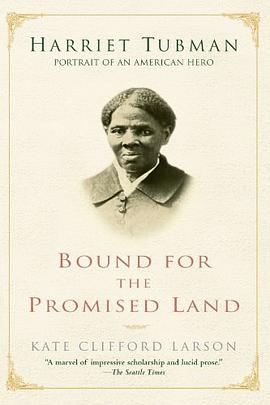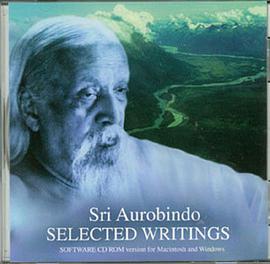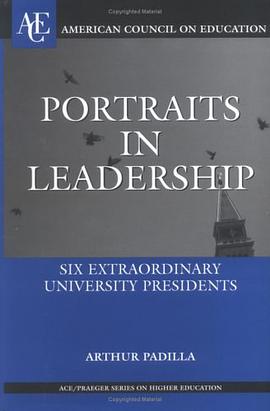

具體描述
Arianism has been called the "archetypal Christian heresy" - a denial of the divine status of Christ. In his examination, now augmented by new material, Rowan Williams argues that Arius himself was a dedicated theological conservative whose concern was to defend the free and personal character of the Christian God. His "heresy" grew out of the attempt to unite traditional biblical language with radical philosophical ideas and techiniques, and was, from the start, involved with issues of authority in the church. Thus, the crisis of the early 4th century was not only about the doctrine of God, but also about the relations between emperors, bishops and ascetical "charismatic" teachers in the church's decision-making. Williams raises the wider questions of how heresy is defined and how certain kinds of traditionalism transform themselves into heresy. With a fresh conclusion, in which the author reflects on how his views have changed or remained the same, and a new introduction, this book is suitable reading for students of patristics, doctrine and church history.
著者簡介
圖書目錄
讀後感
評分
評分
評分
評分
用戶評價
相關圖書
本站所有內容均為互聯網搜索引擎提供的公開搜索信息,本站不存儲任何數據與內容,任何內容與數據均與本站無關,如有需要請聯繫相關搜索引擎包括但不限於百度,google,bing,sogou 等
© 2025 book.quotespace.org All Rights Reserved. 小美書屋 版权所有




















